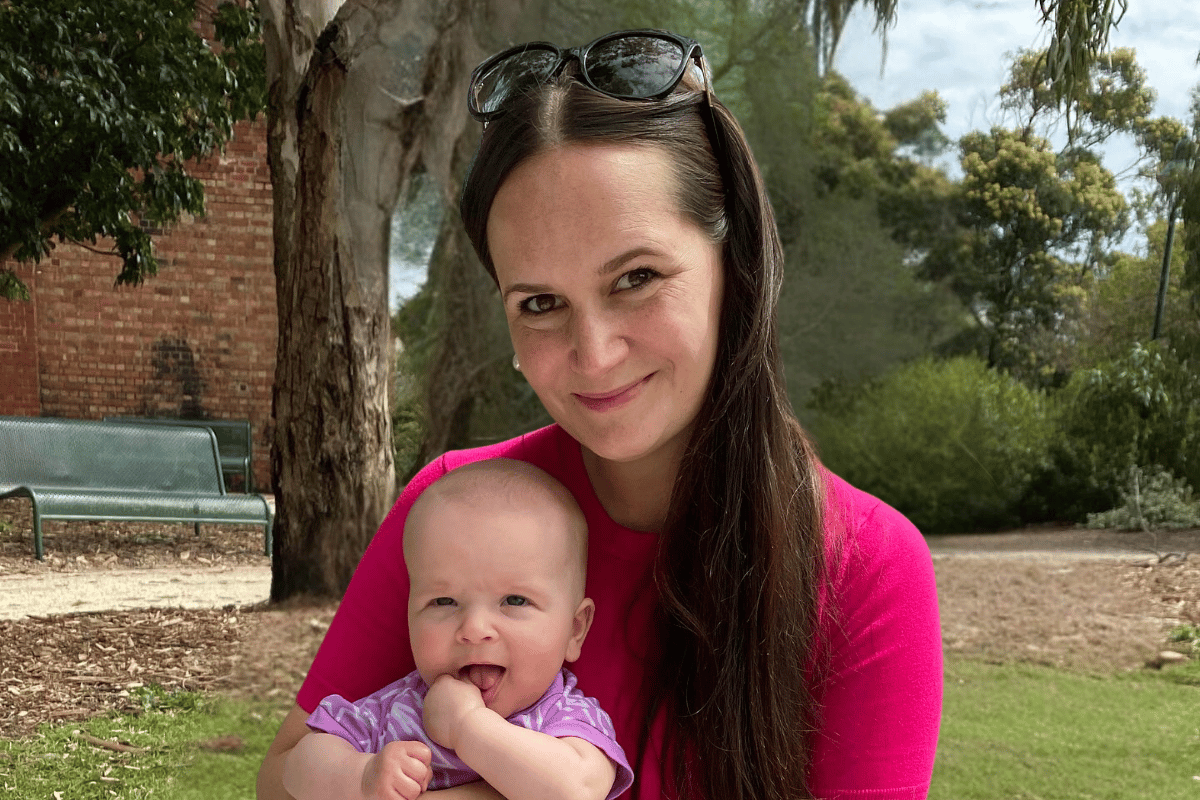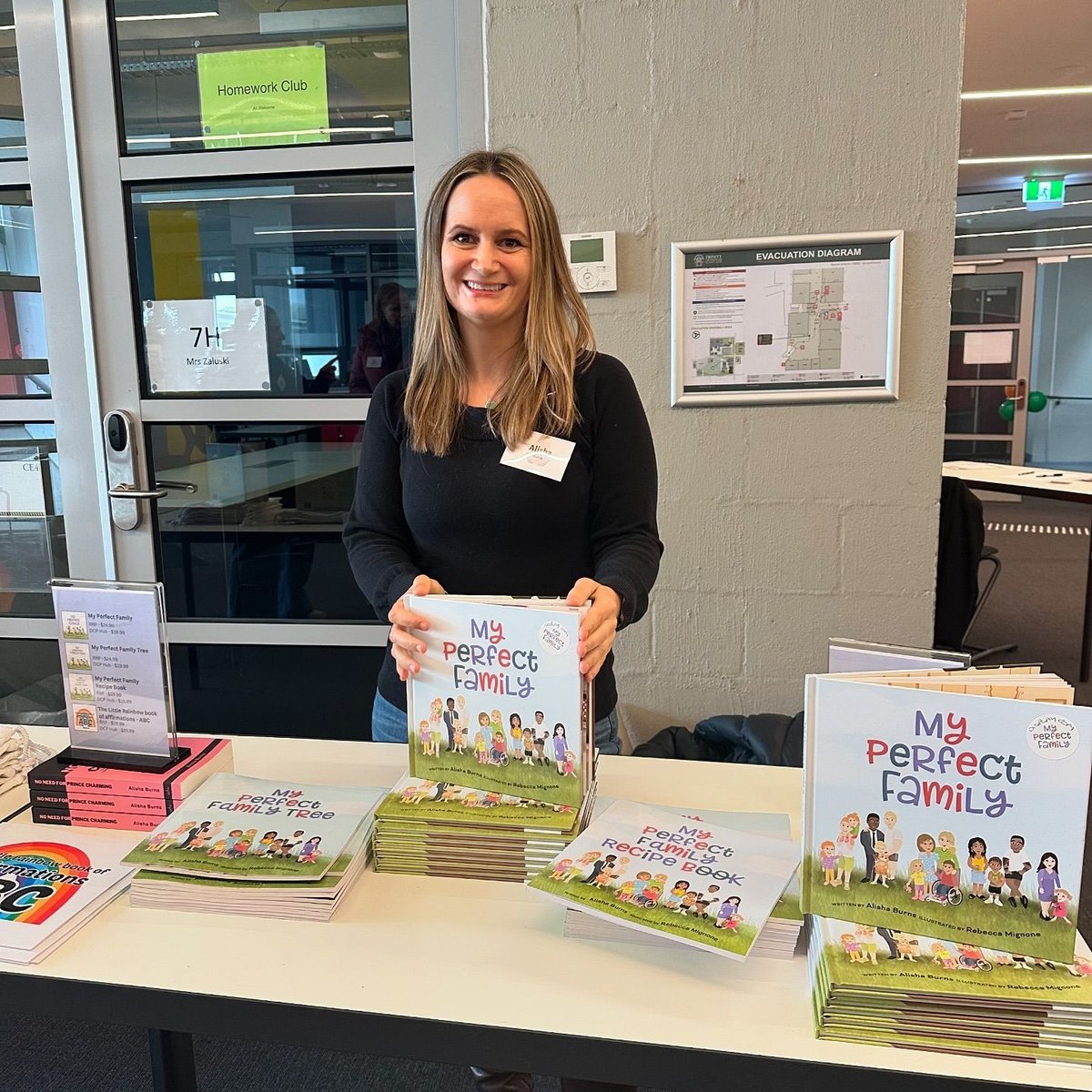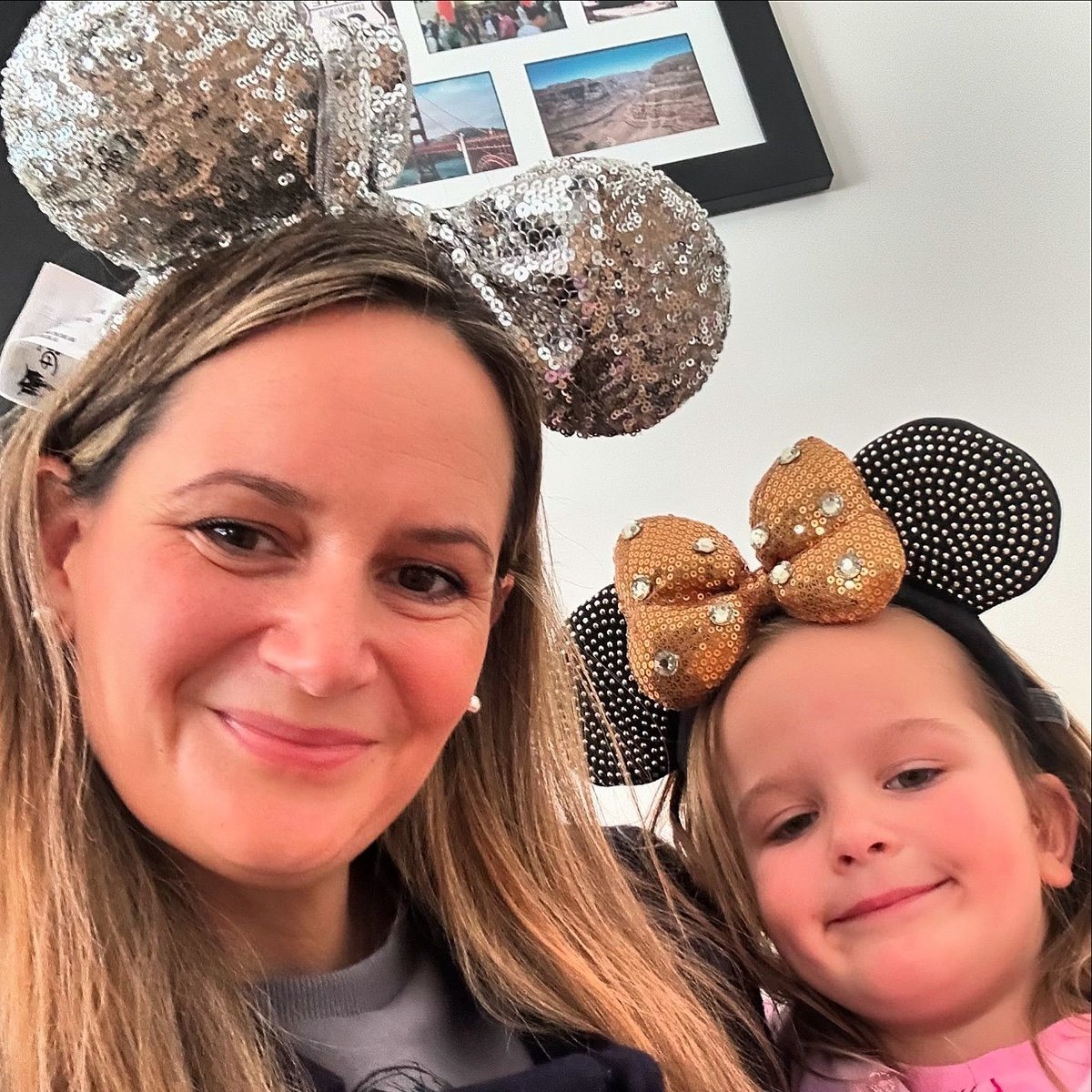
After getting married at 28, Alisha Burns and her husband planned to start a family.
"I went through multiple rounds of different fertility treatments and finally was successful with IVF," she told Mamamia.
That's when tragedy struck.
"I unfortunately lost my son at 21 weeks; he was stillborn. And my marriage ended two weeks later."
It was traumatic for Alisha, who had always dreamed of finding "the one" and starting a family.
Watch: Liz Ellis talks about IVF on I'm A Celebrity. Post Continues after video.
While Alisha eventually began dating again after the separation, she couldn't find her perfect life partner. And as the years went on, and she approached 40, she felt she had a decision to make.
"My dad passed away suddenly when I was 38 and I realised I could keep waiting for Prince Charming, or I could just take matters into my own hands," Alisha told Mamamia.
"So I decided that day that I would try to become a mum on my own."
In an attempt to become a solo mum — despite the traumatic loss of her past — Alisha decided to try in vitro fertilisation (IVF) again.


